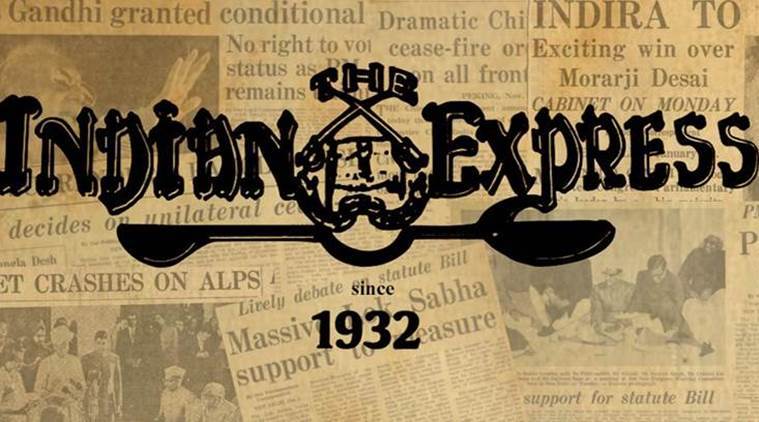Cure that endures
SC does well to pull up hospitals that don’t provide facilities to poor. But court-monitored healthcare is unsustainable

The fact that the judiciary has had to intervene in the matter for the third time in 11 years raises questions over the monitoring of healthcare amenities in the city.
On Monday, the Supreme Court (SC) reiterated that private hospitals provided land at subsidised rates by the Delhi government will have to provide free treatment to patients belonging to the economically weaker sections (EWS). There can be no quarrel with the reasoning behind the verdict. However, the fact that the judiciary has had to intervene in the matter for the third time in 11 years raises questions over the monitoring of healthcare amenities in the city. The issue is also significant because private hospitals in Delhi are the chosen destination for healthcare seekers from states like Uttar Pradesh, Haryana, Rajasthan, Punjab and Bihar.
Monday’s verdict affirms Delhi government rules which require private hospitals running on subsidised land to provide 10 per cent of their IPD (in-patient department) and 25 per cent of their OPD (out-patient department) facilities free to EWS patients. The rules were notified in 2001. But they have remained largely on paper. In 2007, the Delhi High Court pulled up 20 private hospitals in the city for their failure to reserve facilities for EWS patients. The court also directed the Delhi government to constitute a committee to monitor the implementation of the rules. The private hospitals challenged the verdict in the SC but, in 2011, the apex court ruled that “hospitals cannot wriggle out of the responsibility to treat the poor free of cost”. However, the Directorate of Health Services’ data shows that more than 30 per cent of the beds reserved for the poor remained vacant in the seven years after the SC verdict. This precipitated the apex court’s latest response on the issue.
The apex court has also said that it will monitor the working of Delhi’s private hospitals to ensure that poor patients are not turned away. It directed the Delhi government to file reports on the compliance of this order. However, these could be short-term measures, at best. Delhi’s healthcare system could do without the kind of complications that have ensued after the SC-mandated EPCA stamped its presence in the management of almost every environmental issue in the city. An alternative could be to revive the Delhi government’s online system to monitor private hospitals that became defunct barely a year after it was introduced in 2015. The government must also show more zeal in implementing its 2015 decision to appoint patient welfare officers to assist EWS patients in private hospitals.
For all the latest Opinion News, download Indian Express App






































No hay comentarios:
Publicar un comentario